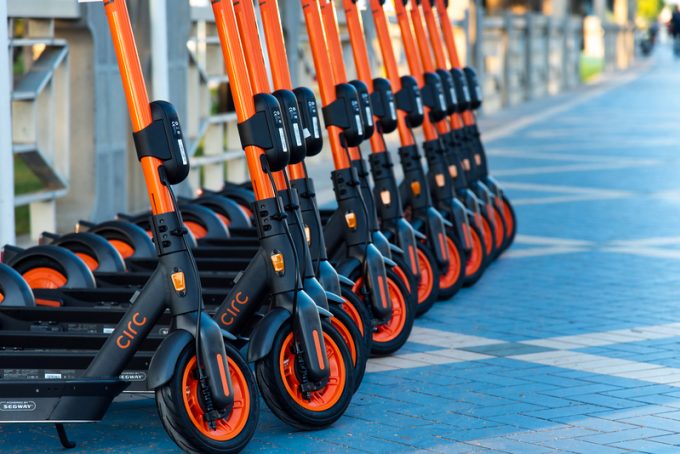Cargo Integrity Group reveals the most dangerous cargo found in containers
A list of 15 of the most dangerous cargo types commonly carried in containers has ...

The appearance of new lithium battery-powered scooters on city streets around the world has focused attention on safety.
All the column inches centre on the danger posed to pedestrians and other road users by these new machines hurtling around at 25-35 kph (about 15-20 mph).
However, moving ...

Comment on this article